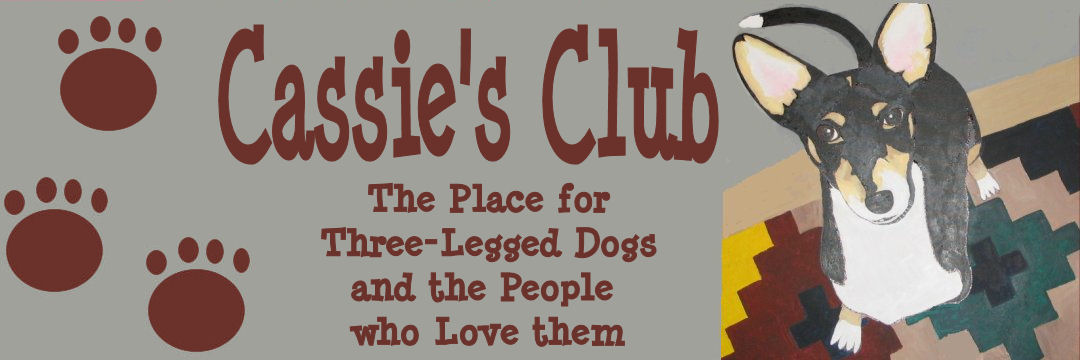What To Expect
|
| |
| What can I expect after surgery? |
- You will likely feel anxious and scared before and after the surgery.
- As with human surgeries, your pet will be sedated and be sleepy after the procedure.
- Plan to stay with your pet for several days after the surgery, until they begin to adjust.
- If your special pet does not begin to adjust within a few days, contact your veterinarian!
- Watch out for infection. Stay on top of giving your pet any prescribed medications, such as antibiotics.
- Keep your pet indoors and feed and water them by hand until they can do so alone.
- If you have other pets, keep your special pet by itself until it can adjust.
- Spend time with your special pet, and encourage it to walk around (with your veterinarian's permission).
- Expect to be amazed how quickly your pet adjusts to the difference!
- Plan on attending all post-operative appointments. It's important that your veterinarian monitor the recovery.
- Understand that you have been couragous and saved your pet's life!
- Love your pet. They are the same inside, and will be nearly the same on the outside.
- Expect your special pet to lead a normal life, and celebrate his differences.
|
|
A front leg amputation usually involves removal of the shoulder joint. If a partial amputation is done, your
pet will retain a shoulder (or hip) and part of the leg will remain intact.
|
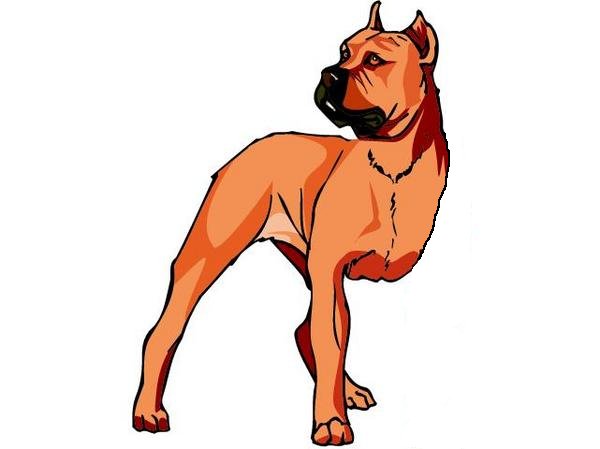
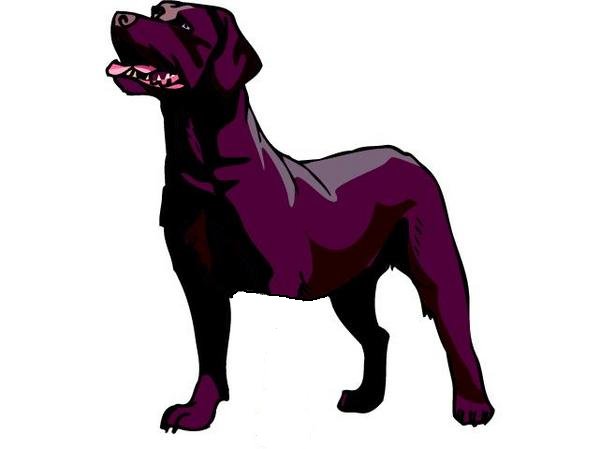
|
Front leg amputation with shoulder removed.
This is the most common
form of amputation. Expect your dog to look thinner, especially in the chest area.
Your dog will lead a normal life. Be careful to avoid overexcercising of your special
pet. Remember that only one front leg is bearing his weight!
|
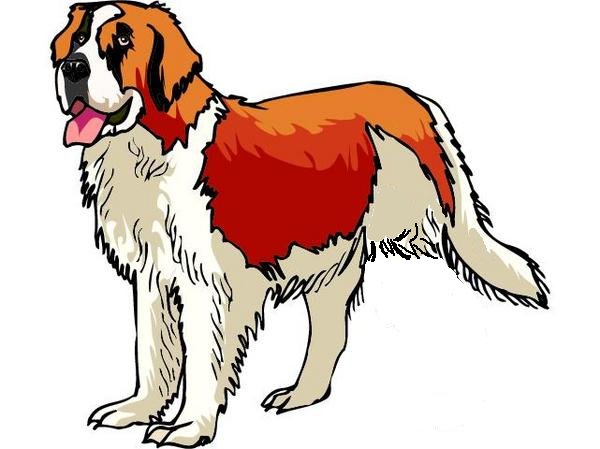
|
Hind leg amputation without hip removal.
Of course your male dog will not lift his hind
leg to urinate, but he will adjust just fine. Expect your special dog to be slightly slower.
Avoid overexcercising - it might make hips and back sore.
|
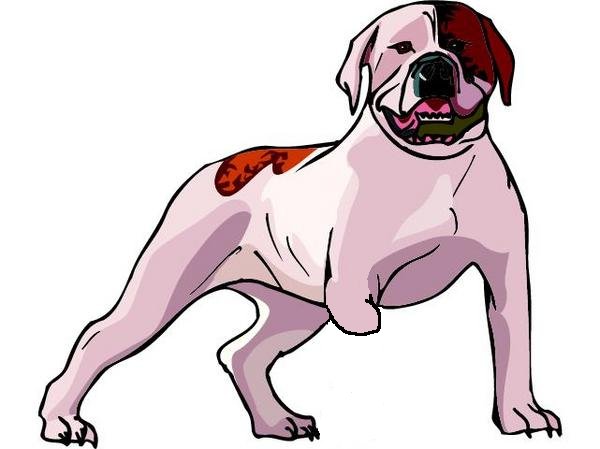
|
Front leg partial amputation with shoulder intact.
Your dog should lead a normal life,
but avoid overexcercising to help prevent soreness in the shoulder. Monitor your dog's
progress and check for any sign of infection.
|
| |
| What can I expect long term? |
- Your pet may be more likely prone to arthritis and joint soreness as she or he ages, so it is
especially important to be sensitive to signs of pain. Remember all that the whole body and
especially the shoulder and hip joints are compensating for a missing limb.
- It's important to assure your dog's nails are trimmed regularly, as long nails can significantly
inhibit mobility.
- Other ailments are more probable as well, like cracked or sore pads.
- It's important to consult with a veterinarian, because there are supplements that may ease
or treat ailments specific to three legged pets.
|
